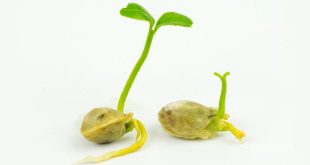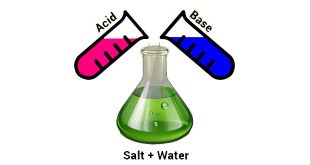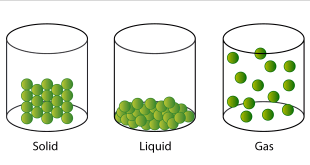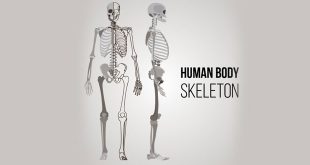NCERT 5th Class (CBSE) Science: Growing Plants – Quiz 13 Multiple Choice Questions related to NCERT 5th Class (CBSE) Science: Growing Plants – Quiz: Plants are very useful to us. New Plants can be grown from seeds. Germination is the process of conversion of a seed into a seedling. A …
Read More »NCERT 7th Class (CBSE) Science: Acids, Bases and Salts
Question: Acids are not stored in metal containers. Why? Answer: Acids can corrode metals like aluminium and iron due to their corrosive nature. That is why acids are stored in glass containers and not in metal containers. Question: Why do different substances have different tastes? Answer: Different substances have different tastes …
Read More »NCERT 7th Class (CBSE) Science: Acids, Bases and Salts – Quiz
NCERT 7th Class (CBSE) Science: Acids, Bases and Salts – Quiz 31 Multiple Choice Questions related to NCERT 7th Class (CBSE) Science: Acids, Bases and Salts – Quiz: Acids: Substances that taste sour. Organic Acid: Acids that are naturally obtained from plant and animal sources. Mineral Acid: Acids that are derived from …
Read More »NCERT 7th Class (CBSE) Science: Heat and Temperature – Quiz
NCERT 7th Class (CBSE) Science: Heat and Temperature – Quiz 30 Multiple Choice Questions related to NCERT 7th Class (CBSE) Science: Heat and Temperature – Quiz: Heat: A form of energy that flows from hot object to a cold object. Temperature: The degree of hotness or coldness of an object. Conduction: The transfer …
Read More »NCERT 7th Class (CBSE) Science: Heat and Temperature
Question: What is heat? Answer: Heat is a form of energy, entry or exit of which correspondingly increases or decreases internal energy of a body when no work is done on the body or by the body. Question: What is temperature? Answer: The degree of hotness and coldness of a body is called temperature of body. Thermometer …
Read More »NCERT 7th Class (CBSE) Science: Chemical and Chemical Changes – Quiz
NCERT 7th Class (CBSE) Science: Chemical and Chemical Changes – Quiz 28 Multiple Choice Questions related to NCERT 7th Class (CBSE) Science: Chemical and Chemical Changes – Quiz: Physical Change: A physical change is a change in which no new substance is formed. Chemical Change: Those changes in which new substances are …
Read More »NCERT 7th Class (CBSE) Science: Chemical and Chemical Changes
Question: Define the following: Valency, Atomicity, Chemical Equation, Rusting, Galvanization, Crystallization. Answer: Definitions are as follows: Valency: The combining capacity of atoms of an element with the atoms of other elements is known as valency. Atomicity: The number of atoms that make up a molecule of an element is known …
Read More »NCERT 5th Class (CBSE) Science: Food and Health
Question: Name the five main components of food. Answer: The five main components of food are: Carbohydrates Proteins Fats Vitamins Minerals Question: What is roughage? How does it help us? Answer: Roughage is the undigested part of the plant food. It helps in moving the food easily through our digestive …
Read More »NCERT 5th Class (CBSE) Science: Solid, Liquid and Gases
Question: What is matter? Answer: Any substance that has mass and occupies space. Question: What is matter made up of? Answer: Matter is made up of very small particles. Question: What makes liquids take the shape of the container they are poured in? Answer: Liquids take the shape of the …
Read More »NCERT 5th Class (CBSE) Science: Skeletal System and Nervous System
Question: What is skeletal system? Answer: The skeletal system is the framework of bones that gives support to our body. Question: Describe the different parts of the skeleton system. Answer: The different parts of the skeleton system are: Skull: The skull acts like a helmet and protect the brain. Rib …
Read More » Class Notes NCERT Solutions for CBSE Students
Class Notes NCERT Solutions for CBSE Students






